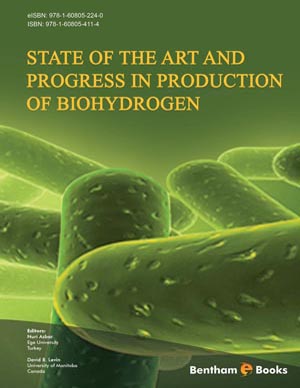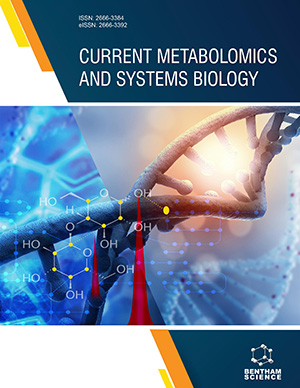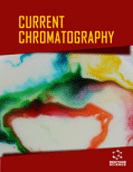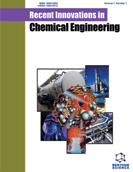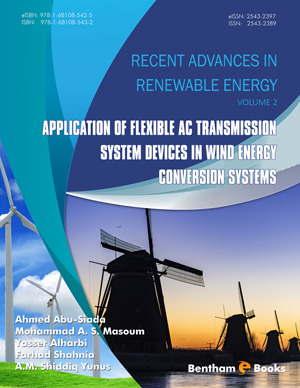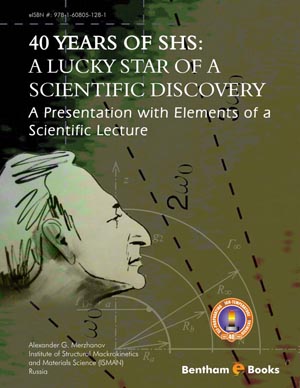Abstract
The present chapter discusses the opportunities and challenges faced by microorganisms when they produce molecular hydrogen (H2) as a major fermentative electron sink. We will focus on sugar fermentation to look at the thermodynamic implications of selecting hydrogen as a main electron sink, how competing fermentation pathways compete with hydrogen for electrons and their effect on both flux and yields of hydrogen. The signatures of these pathways can be observed in the genomes of these organisms. We will contrast the putative enzymes and pathways available to different fermentative organisms on the basis of an ever-increasing collection of available genomes. A description of the molecular toolbox available to various phyla and specific organisms will lead to a better understanding of the key reactions involved in electron flow and will lead to rational strategies of molecular engineering to optimize hydrogen concentrations and yields from dark fermentation.
Keywords: Dark fermentation, glycolysis, bio-hydrogen, comparative functional genomics, thermodynamics, Gibb’s free energy, electron transferring reactions, hydrogenomics, metabolic pathways, ferredoxin, nicotinamide adenine dinucleotide (NAD), hydrogenase, facultative anaerobes, strict anaerobes.


